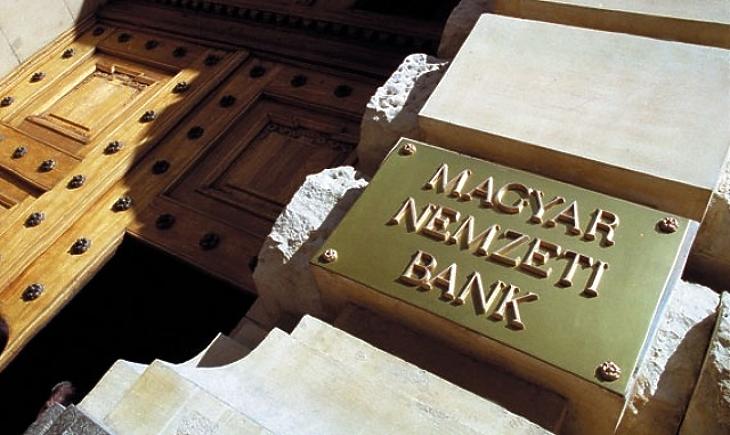When the economic crisis situation caused by the coronavirus epidemic develops, it is a rational decision to enter into a repayment moratorium, and when the crisis is over, and the debtors regain their ability to generate income, to exit the payment freeze, the Magyar Nemzeti Bank (MNB) indicated in a statement on Monday.
The central bank emphasized: for the past year and a half, it has continuously and consistently recommended the most favorable solution for its clients in terms of their life and financial situation.
The recent message sent by the MNB in connection with the repayment moratorium, according to which those who can afford it should continue repayment as soon as possible, is in line with the central bank's communication regarding the payment freeze, they emphasized.
According to the announcement, the moratorium was an effective and temporary crisis management solution for hundreds of thousands of vulnerable families in terms of health and work opportunities during the rising phase of the epidemic.
According to the MNB, the suggestions that now, in hindsight, blame the communication between the MNB and the government on the importance of using the payment stop with a "rational" head are untrue.
The rational step in the first year of the epidemic - both in Hungary and in the European Union - was the introduction of the moratorium, states the MNB. The seriousness of the pandemic, the development of vaccines, the pace of effective domestic health response measures and, based on all of this, the development of the population's income and repayment situation were surrounded by a significant degree of uncertainty, so the prevention of loan defaults, the maintenance of jobs and family income justified the debtors' entry into the moratorium, he added. who is the central bank.
Now, however, with the end of the third wave of the epidemic, the rising number of vaccinations and the rapid reopening of the economy, for customers with adequate income and repayment resources, the benefits of staying in the moratorium may be outweighed by the risks in the longer term, that the term of their loan and the total amount to be repaid needlessly increase they added.
From the spring of 2020, the MNB continuously informed in its press releases, professional articles published on leading media portals and the Moratorium questions and answers menu item of its website that banks charge interest and fees on the capital part of unpaid loans during the moratorium, which can increase the total term and the amount to be repaid. However, these interests and fees are not "added" to the capital debt, there will be no compound interest, and they can be paid in equal installments during the term following the moratorium. When repayment starts again, the customer's monthly burden will be the same as when the payment stop was ordered, but the interest rate of loans with variable interest rates, and thus the repayment installment, may change, the central bank wrote.
In this context, the MNB has previously consistently rejected the untrue claims that all debtors' burdens will increase unexpectedly when the moratorium expires, and that those who exit the moratorium will have a jump in their repayment installments. In the first months of this year, residential debtors also received detailed written information from their banks about the amount of their debt and the characteristics of their loans, the central bank announced.
MTI
Photo: MTI













